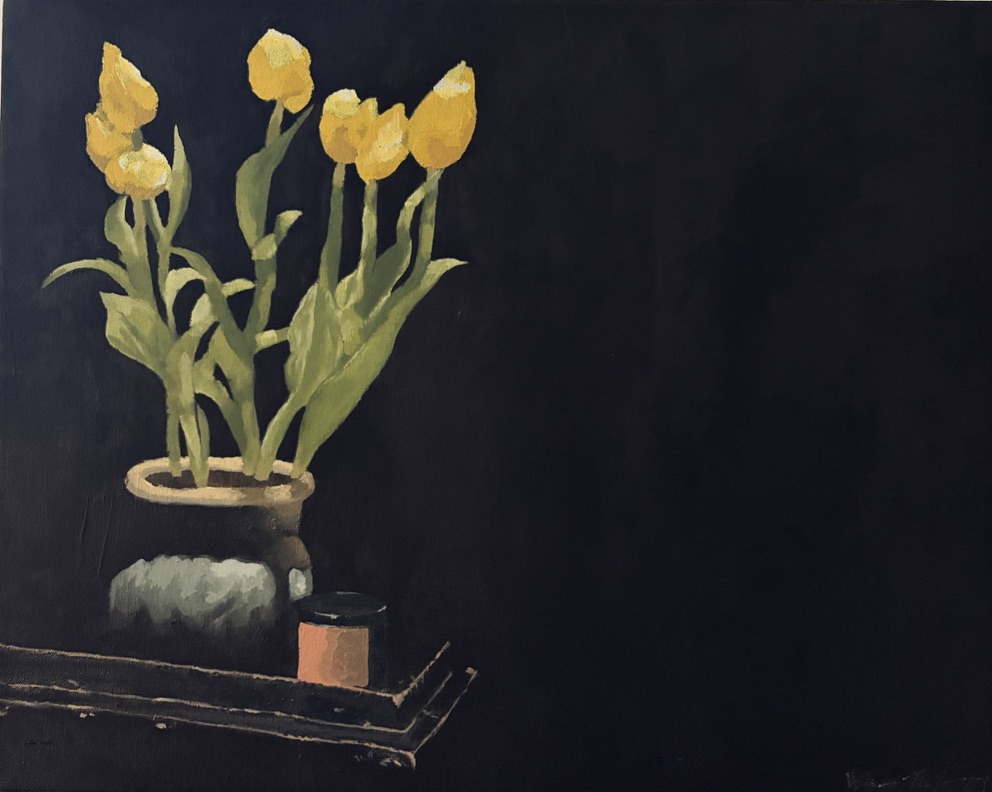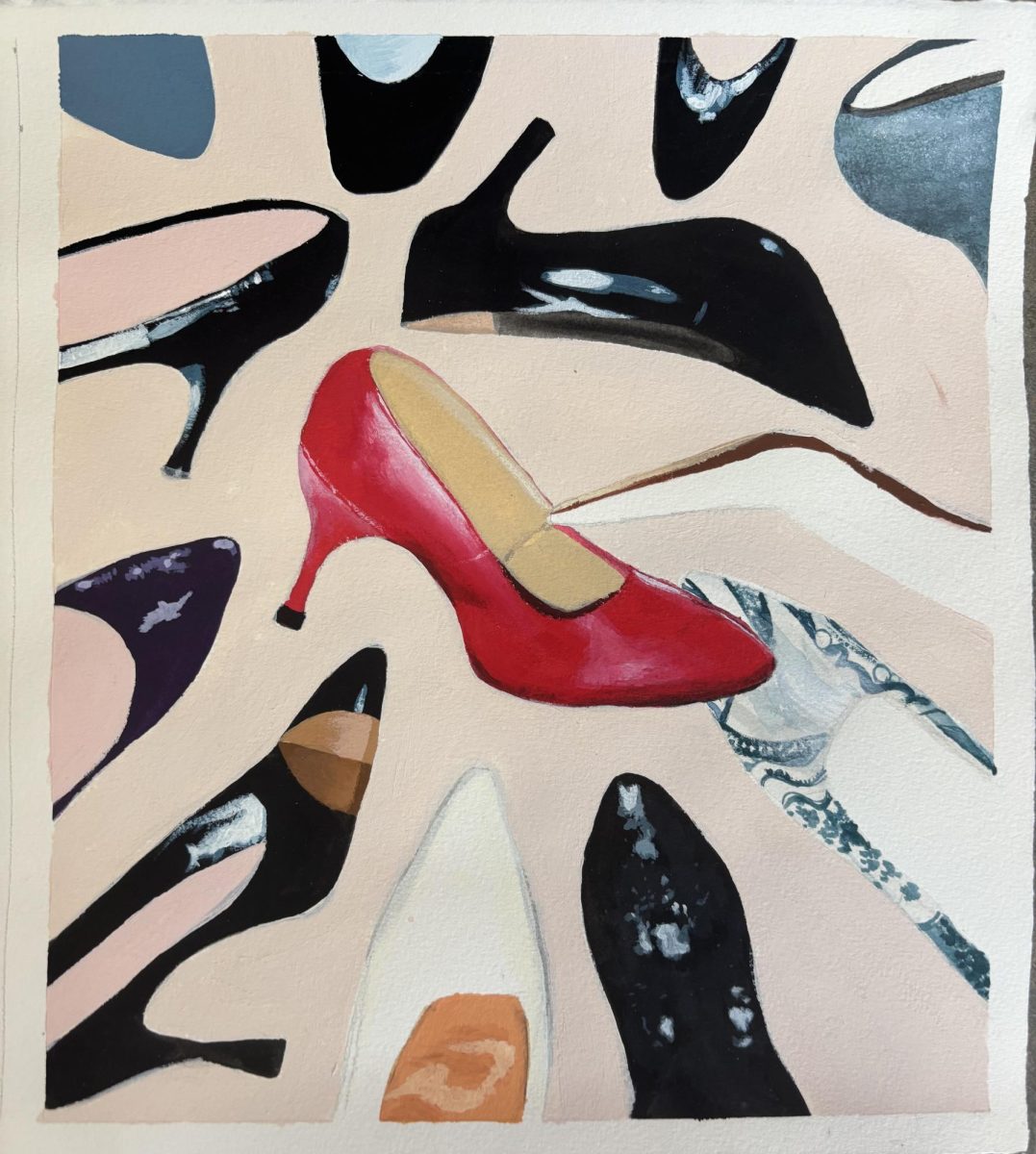Eftalia Economou Ms. Koza
AP Lit/ Pd. 2 October 8, 2023
A History That Withstands Colonization
Zadie Smith’s Swing Time and Chinua Achebe’s “An Image of Africa” expose the
impacts of colonialism on the African diaspora. Smith’s purposeful use of narrator anonymity and limited dialogue parallels Achebe’s counternarrative, which restores identity and voice to marginalized characters, unlike Joseph Conrad in Heart of Darkness. Conrad and Smith’s texts both expose how Africa is depicted as, “the antithesis of civilization,” (Achebe 2) in Western literature. By wrongfully attributing its rich history to colonization, Africans are dehumanized as, “monstrous and free” (Conrad qtd in Achebe 3). These colonial stereotypes cause the narrator in Swing Time to remain anonymous, and employ minimal dialogue in her narrative because, “blind, furious, human animals,” (7) don’t speak. Her detachment from her African diaspora identity creates a significant narratorial distance. Using minimal dialogue inaccurately represents Africans during colonization and creates greater narratorial distance, insulating the writer, Joseph Conrad, from criticism about racist ideas. The unreliability of Swing Time’s insecure narrator is a result of these dehumanizing labels. In contrast, Heart of Darkness’ narrator, Marlow, is unreliable due to his biased perspective that, “African history did not exist,” (1). There is an evident power differential between the two narrators. Marlow is a white man, at the top of the social hierarchy pyramid as the colonizer, so he views “savage and wildeyed,” (2) Africans below him. The unnamed narrator in Swing Time, as a person of color, is Conrad’s opposite. Her moments of confidence are overshadowed when she compares herself to Aimee, a white pop star. Like Conard’s Marlow, Aimee is at the top of the social ladder, so she sees herself as the, “white woman who saves Africa,” (Smith 153) through her self-aggrandizing social work. In dismantling Conrad’s colonial narrative, Smith and Achebe successfully expose the truth that: Africa’s history is richer and more resilient than the confines of colonization could ever contain.
Works Cited
Achebe, Chinua. “An Image of Africa.” Penguin UK, 1977.
Smith, Zadie. Swing Time. Penguin Press, 2016.
Photo by Aaron Burden on Unsplash











